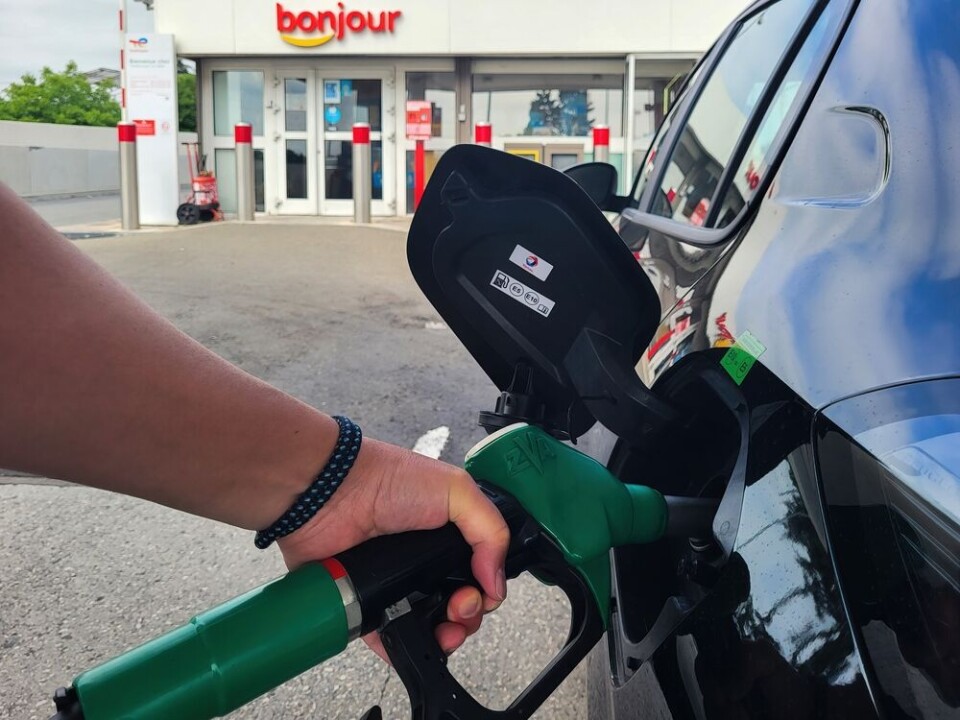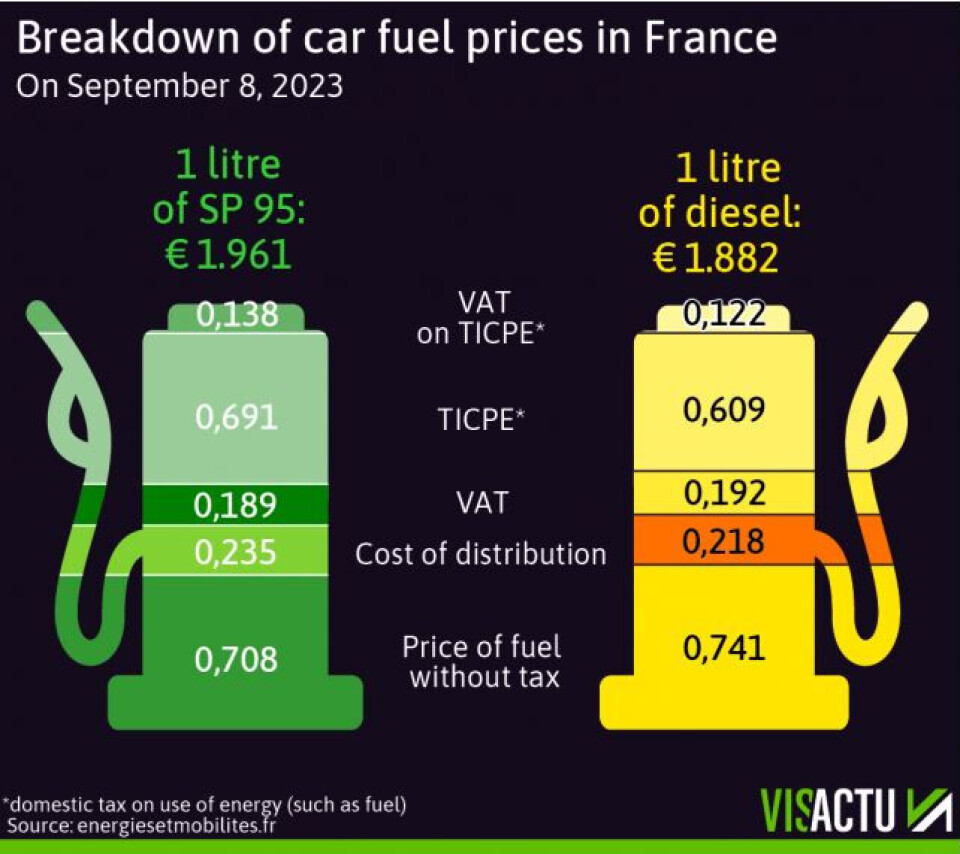-
France’s proposed voluntary national service: military revival or costly misstep?
Concerns have emerged over scheme's potential overlap with the recently abandoned Service national universel
-
Money, inheritance, taxes, pensions: What's new in France in 2026
New money-saving budget, allowances, income tax freeze and the retirement age
-
Dates 2026: Family allowance payments and other French benefits
The payment date varies if it falls on a weekend
French law could be changed to allow petrol to be sold at a loss
The measure would last for six months from December 1 and is aimed at fighting rising inflation. Small service stations say they will need help to cope

Petrol and diesel may be sold at a loss in a drive to keep consumer prices down and fight inflation, according to new plans.
“Depending on what the retailers are capable of, the measure will allow people all over France to find cheaper petrol and diesel,” said Minister of the Economy Bruno le Maire as he announced the plans on France 2.
He said the measure will be introduced from December 1 for a period of six months.
Mr le Maire has been under pressure in recent months to help with the rising cost of living, including high fuel and energy prices. Inflation is also of concern, standing at 4.9% (end of August 2023 compared to same time in 2022) in France.
The price of petrol and diesel has risen since the war in Ukraine started in 2022, and while prices are not as high as in June 2022, they have been rising again since summer to near almost €2 a litre for drivers.
Recently, TotalEnergies, a main supplier, announced that it would cap fuel prices at €1.99 per litre at the pump into 2024 after first announcing it would do so until the end of this year.
Mr le Maire suggested that companies could do more.
“Our method is to involve everybody in this battle against inflation. The state cannot bear the cost of inflation by itself, that would only increase the deficit,” he said, referring to the rejected idea, advanced by Xavier Bertrand (Les Republicains) that the state could subsidise petrol prices.
Tax forms a significant part of the prices as this graphic shows:

It is currently illegal to sell products at a loss in France, with few exceptions, such as closing down sales, obsolete items or some highly perishable items.
In 2018, Intermarché was fined €375,000 for a firesale on Nutella, which provoked ‘riots’ at the time.
“Certain brands have pointed out that they cannot lower their prices any further, because it has been illegal to do so since 1963,” said Prime Minister Elisabeth Borne in Le Parisien.
“Exceptionally and for a limited period, we will lift this interdiction for petrol and diesel, which will allow retailers to lower their prices further.”
Mr le Maire says the change to the law of July 2, 1963 will be voted on in the Assemblé Nationale in October.
What do retailers think of the measure?
Le Figaro reports that the government had been in discussion with the larger retailers for some time.
The large supermarkets, such as Super U and Leclerc, are thought to be highly favourable, since petrol and diesel are attractive products which alone are enough to draw the public to one supermarket rather than another.
However, smaller retailers are dubious, saying that without government help it could spell the end of independent service stations.
“We don’t have anywhere near the means to propose [selling at a loss]”, said Francis Pousse, head of Mobilians which represents 5,800 independent service stations in France.
He told Le Figaro that by removing the anti-competition law many smaller stations would have to close doors.
“We won’t be able to hold out without help from the state, otherwise it’s certain: we are finished”
Marylise Léon, the general secretary of French labour union CFDT said a long term solution is needed.
“This is something that can help consumers,” she told FranceInfo. “It's positive but it's very much a short term measure.
“We need a more global vision, [the government] has to think further than a little bit here a little bit there, almost on a week by week basis”
Related articles:
French supermarket chain puts stickers on food to show ‘shrinkflation’
























